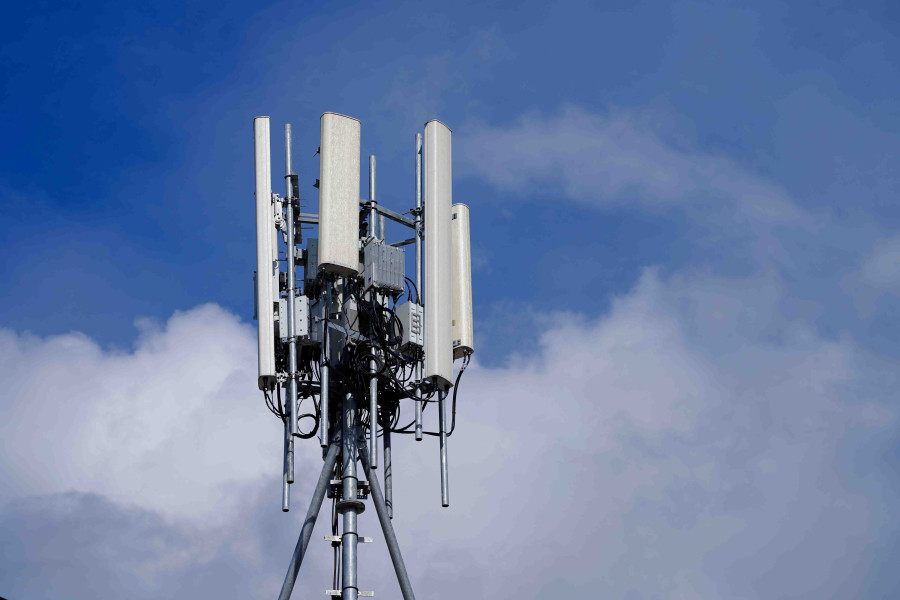Money
Value-added services in telecom sector to be regulated
Contents provided through third-party services like ringback tone, mobile advertising and voting polls are value-added services, officials say.
Krishana Prasain
The Nepal Telecommunications Authority has prepared a draft working procedure for the implementation of Digital Value-Added Services 2023 which provides a specific regulatory framework for the extra services provided by telecom companies in addition to their basic services.
“Contents provided through third-party services like ringback tone, mobile advertising and voting polls, among others, by telecom service providers are value-added services,” said Ambar Sthapit, director of the Nepal Telecommunications Authority.
“There is a provision for value-added services in our general licensing guideline, but we have created the working procedure to provide a specific regulatory framework for these services. It will be amended as per the needs of the time,” he said.
Value-added services can be live streaming, location-based services, missed call alerts and voice, among others.
“Currently, we are not considering over-the-top contents like messaging apps such as Messenger, Viber, WhatsApp and other third-party services for now,” Sthapit said. “We will conduct a study and also look at international trends, and plan accordingly,” he said.
“Such services will be brought under regulation in the future, but not immediately,” he said. “Bringing such services under regulation requires the service providers to be registered in Nepal. And if they are not able to register, thousands of service users will be impacted.”
According to Sthapit, India recently tabled a Telecom Bill which has provisioned regulating messaging services like WhatsApp, Viber, Messenger and others. “We will observe that as well.”
Developments in technology have allowed telecom companies to provide other services besides their regular services. So, a draft working procedure has been prepared to manage such extra services effectively, and to provide reliable and standard service by inspecting and determining a competitive environment and an appropriate price, according to the Nepal Telecommunications Authority.
“We are trying to bring such services under the regulatory framework through the working procedure,” said Sthapit. “For instance, a digital payment service provider obtains approval from Nepal Rastra Bank, but as the authority is not involved in any process, we cannot give any kind of direction,” he said.
“With this procedure, there will be network security in certain things. And if any problems occur in the services, the authority will also assist them. We have posted the working procedure publicly on the authority’s official website for discussion so we can get feedback from stakeholders,” Sthapit said.
According to the draft working procedure, service providers wishing to provide digital value-added services need to be listed with the authority.
“It is necessary for the concerned authority to regulate such service providers,” said Santosh Sigdel, founder chairman of Digital Rights Nepal, an advocacy group working to strengthen civic space and digital rights.
“The draft has not clearly mentioned third-party contents, and this can create confusion. The draft needs to be clear on this. The draft working procedure also does not say anything about protecting and maintaining the principles of human rights, freedom of expression, data protection and privacy, which are important,” Sigdel said.
To operate a digital value-added service, service providers need to submit an application including the required documents like a copy of the company registration certificate, VAT certificate, work plan to operate digital value-added services and a copy of the agreement with the telecom service provider.
The authority will provide approval after inspecting the application and other paperwork, the draft says.
Digital value-added service operators also need to submit the details of services and service charges to the authority for its approval.
According to the draft, the operation validity of digital value-added services is two years, and service providers need to apply for renewal three months before expiry.
The authority will conduct an inspection to determine whether the digital value-added service providers have followed the conditions or not as per the working procedure.




 20.12°C Kathmandu
20.12°C Kathmandu














